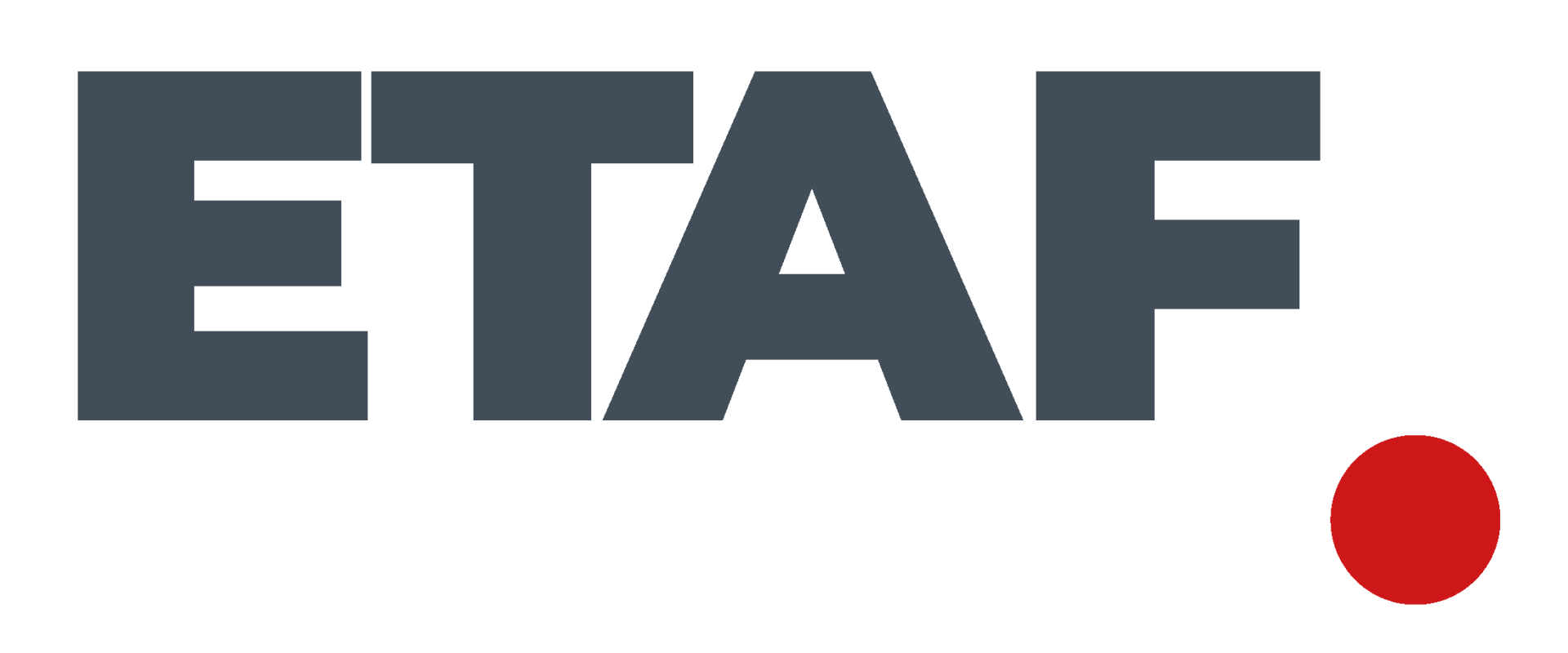MISSION
Excellence in Forensic Disaster Response Training
ETAF prioritizes the training of multidisciplinary teams, recognizing that teamwork is essential for an efficient forensic response to disasters. Our programs focus on fostering inter-team and inter-agency cooperation, ensuring smooth collaboration, clear communication, and adherence to internationally recognized standards.
Realistic, Multidisciplinary Training
ETAF offers comprehensive training for all specialist groups involved in disaster response, including odontology, dactyloscopy, DNA, pathology, anthropology, law enforcement, and family liaison. Using both dummies and human donors, we provide unparalleled realism, allowing teams to practice scientifically recognized identification techniques and the full Disaster Victim Identification (DVI) workflow—from recovery to reconciliation.
Flexible Training Options
- State-of-the-Art Facility in Germany: Fully equipped for realistic, high-quality training.
- On-Site Training: Tailored to local conditions, legal, cultural, and religious requirements while maintaining international standards.
- Training During Disaster Response: Peer-to-peer guidance combined with operational support.
Deployment of Forensic Teams
ETAF can also deploy its own multidisciplinary forensic teams to disaster sites, covering the entire forensic workflow.
Our programs are designed to adapt to the needs of national teams, combining best practices with local realities. Training options can be customized and combined to meet specific requirements
For more information, contact us to discuss how ETAF can support your forensic disaster response needs.
